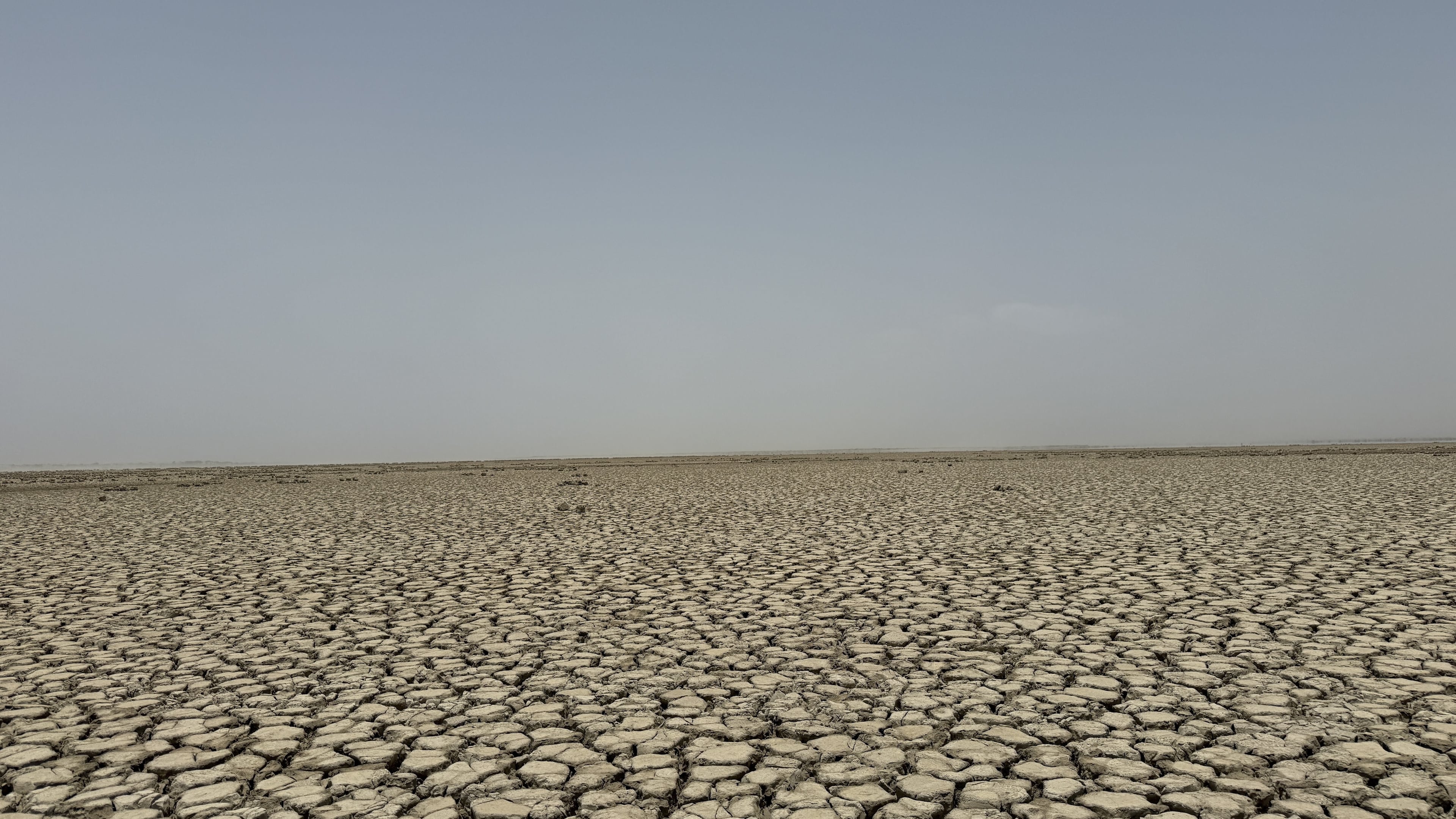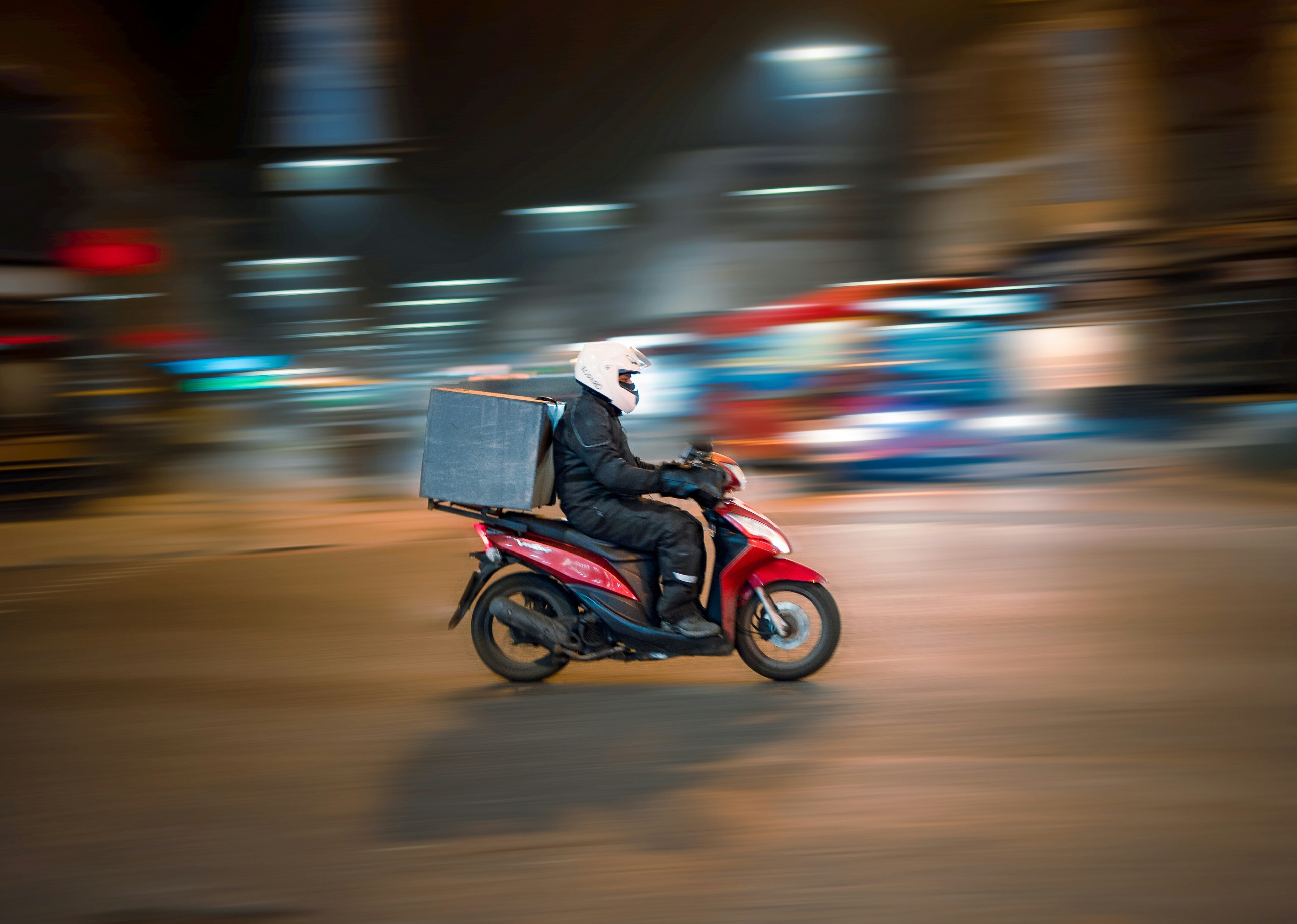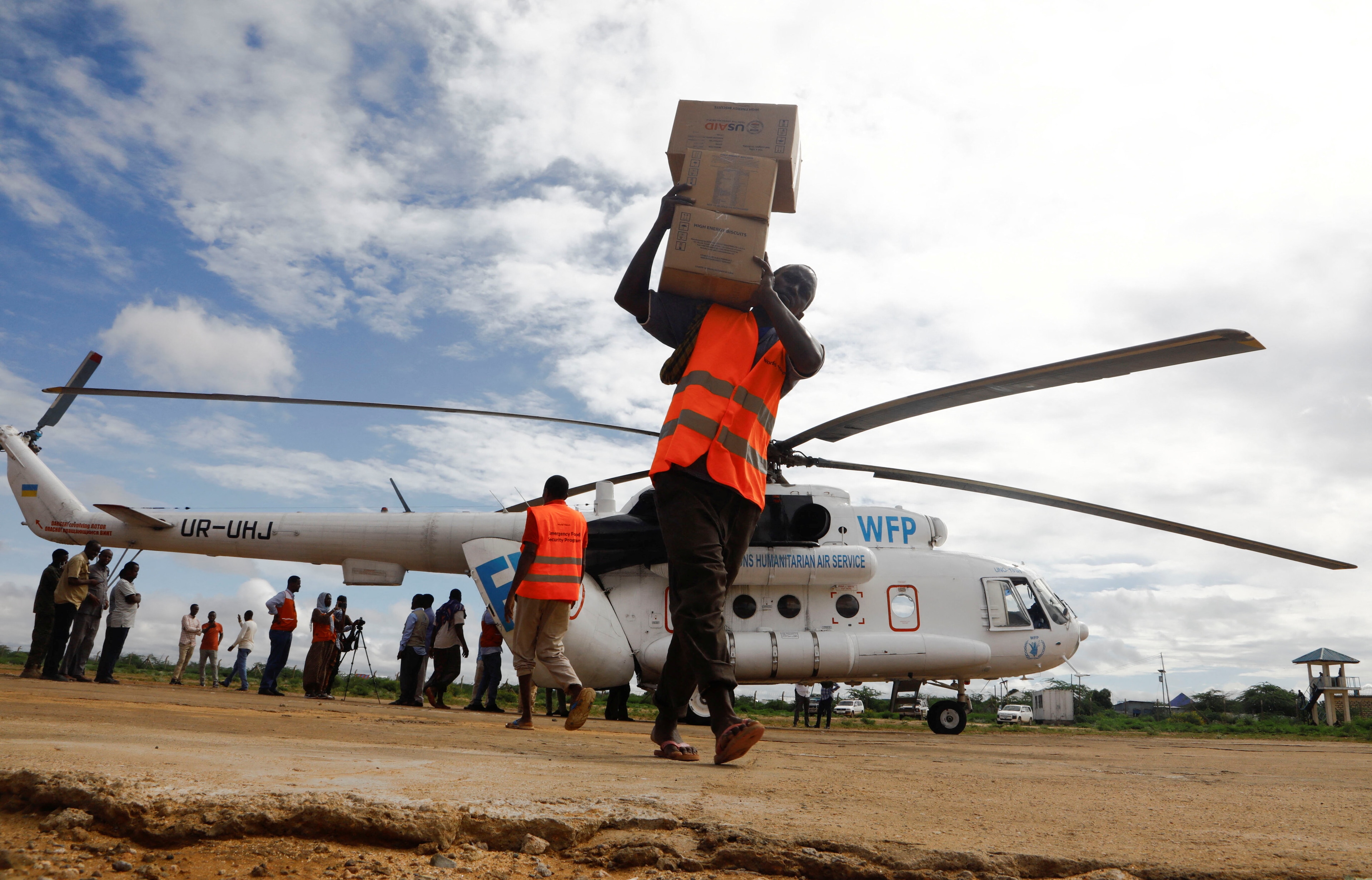How a women-led café is turning around this impoverished Nepalese community

Lumbini is rich in culture and nature - and Amma Café aims to put it back on the map.
Image: REUTERS/Navesh Chitrakar (NEPAL - Tags: SOCIETY TRAVEL RELIGION)
Stay up to date:
Nepal
- Amma Café is a women-led, World Bank-supported social enterprise in Nepal that aims to generate employment and economic opportunities for women.
- Baristas at Amma Café feel that they have been given an opportunity to change their community into a place that reflects the richness of its culture.
- "This will not only enable us to give a better life to our daughters, families and communities, but also show other women that dreams can come true" - Team Leader Chettri.
In early December, I visited Amma Café, the first women-led social enterprise established in the Lumbini World Heritage Site, where Queen Mayadevi is believed to have given birth to the Buddha about 2,600 years ago.
Together with the Metteyya Sakyaputta, Chairperson of the Lumbini Development Trust, the Swiss Ambassador for Nepal, the ADB Country Director for Nepal, the European Union Head of Cooperation, the Acting United National Resident Coordinator, and World Bank colleagues, we started our day with freshly-prepared coffee and cookies, sweetened by the story of the 15 local women managing this World Bank-supported enterprise.
Amma or mother in Pali - the ancient language spoken at the time of the Buddha - honours motherhood and women for their strength, resilience and unabating hope. These qualities were manifest in the beautifully designed new café that aims to be a model social enterprise generating employment and economic opportunities for vulnerable women in the region.
Strength, resilience, and unabating hope: these qualities were manifest in the beautifully designed new café that aims to be a model social enterprise generating employment and economic opportunities for vulnerable women in the region.
Amma Café is part of the Buddhist Circuit Development Initiative in South Asia (BCDISA) which is supported by the South Asia Regional Trade Facilitation Program (SARTFP) financed by the World Bank and the Australian Government. The BCDISA aims to unlock this significant cross-border heritage of the region as a driver of prosperity and inclusion.
In Nepal, the BCDISA is supporting the government through the Lumbini Development Trust to formulate a sustainable development plan for the regeneration and inclusive growth of the Greater Lumbini Area, and to set up a practical economic model for vulnerable women to break through the poverty trap.
Despite having some of the most significant Buddhist sites in the world and being an important ecological hotspot, the Greater Lumbini Area cuts across some of Nepal and South Asia’s poorest areas. Its three immediate towns in Lumbini Province - Rupandehi, Nawalparasi and Kapilvastu - face major developmental challenges, from inadequate or absent basic services to a gap in income generation opportunities and rampant gender-based violence.
Three immediate towns in Lumbini Province - Rupandehi, Nawalparasi, and Kapilvastu - face major developmental challenges, from inadequate or absent basic services to a gap in income generation opportunities and rampant gender-based violence.
Tourists visit the area mostly for a few hours and spend very little money locally. Air and dust pollution compounded with unplanned urbanization and outdated agricultural practices have not only put its invaluable historical and spiritual assets at risk but have also led to unhealthy living conditions and threats to the watersheds, grasslands and the overall ecological balance of one of Nepal’s main ecological hotspots and food security baskets.
Within this backdrop, Amma Café is breaking ground by initiating some much-needed change. In the words of Vishnu Maya Chettri, one of the baristas of the café: “We live in an area rich in culture and nature. Yet, life today in this sacred land is filled with sadness and deprivation. Amma Café is the first opportunity we have been given to change it. We are now doing what no one, including most of us women, thought was possible. We have a lot to learn, but we feel happy.”
“We live in an area rich in culture and nature. Yet, life today in this sacred land is filled with sadness and deprivation. Amma Café is the first opportunity we have been given to change it. We are now doing what no one, including most of us women, thought was possible. We have a lot to learn, but we feel happy.” Bishnu Maya Chhetri, Team Leader and barista, Amma Cafe
The process for these women to become baristas and entrepreneurs was intense. The women were provided daily literacy classes, life skills and hospitality training. They were involved in carrying out client surveys. The women were also part of the menu selection that uses local ingredients. They received cooking classes from an established local chef. To address the potential hesitation of their husbands and families, workshops against gender-based violence were organized with their families, and today most husbands drive their wives to and from the café.
What's the World Economic Forum doing about the gender gap?
These entrepreneurs prepared a business plan together and deposited all revenues in a bank account - their first. The colourful uniforms of the Amma Café baristas were stitched by the tailors and weavers from the Amma Foundation, the food is served in thatch grass baskets made by its artisans, and the honey and mushrooms served in the menu are harvested by its beekeepers and organic farmers.
For its medium-term sustainability, the café is part of the Amma Foundation, a collective women-led social enterprise also financed by the BCDISA under the SARTFP which emphasizes the economic empowerment of women through greater cross-border trade and commerce.
For its medium-term sustainability, the café is part of the Amma Foundation, a collective women-led social enterprise also financed by the BCDISA under the SARTFP which emphasizes the economic empowerment of women through greater cross-border trade and commerce. The BCDISA in turn supports existing entrepreneurs in the Greater Lumbini Area by supporting direct access to raw materials, better pricing, design inputs, market linkages and delivery to clients outside their villages.
“We want to share our happiness with all visitors, serving delicious homemade refreshments. This will not only enable us to give a better life to our daughters, families and communities, but also show other women that dreams can come true, one cup of coffee at a time!” exclaimed Chettri.
Amma Café is my favourite story of change and hope. All that it needs is for you to be a part of it the next time you visit Lumbini!
If you come to Nepal, please make sure to visit the lovely town of Lumbini. Once there, please visit Amma Café and have yourself some of the best coffee and snacks in town. I promise it’s well worth it.
Accept our marketing cookies to access this content.
These cookies are currently disabled in your browser.
Don't miss any update on this topic
Create a free account and access your personalized content collection with our latest publications and analyses.
License and Republishing
World Economic Forum articles may be republished in accordance with the Creative Commons Attribution-NonCommercial-NoDerivatives 4.0 International Public License, and in accordance with our Terms of Use.
The views expressed in this article are those of the author alone and not the World Economic Forum.
Related topics:
Forum Stories newsletter
Bringing you weekly curated insights and analysis on the global issues that matter.
More on Social InnovationSee all
Sikander Bizenjo and Eric Shahzar
August 14, 2025
Antara Choudhury and Vivin Rajasekharan Nair
August 14, 2025
Michael Fröbel and Stanislas Hillen
August 8, 2025
Vanina Farber
July 21, 2025
Susan Mang'eni and Mamadou Ndiaye
July 15, 2025
Sreevas Sahasranamam and Aileen Ionescu-Somers
July 10, 2025







